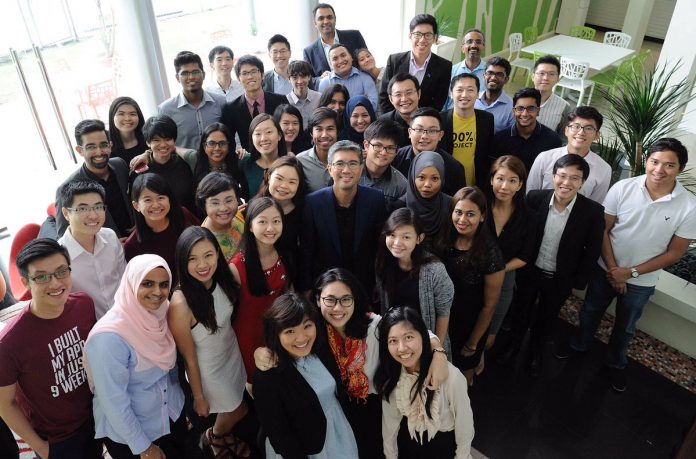A survey conducted by the Khazanah Research Institute found that young Malaysians aged between 15 and 29 living in urban and rural areas face difficulties in making the transition from school to the working world. The School-to-Work Transition Survey (SWTS), was aimed at studying the relationship between supply and demand of employment opportunities for young people. The survey, which covered 23,785 respondents, revealed that inequalities among youths persist in the nation’s labour market.
“Females remain disadvantaged in the transition from school-to-work despite outnumbering and outperforming their male counterpart at the entry level of education. “Rural-urban and ethnic differentials persist and those from poor family backgrounds are disadvantaged in education and job search. “The longer young people stay out of touch with the labour market, the more difficult and costlier it is to encourage a return to productive employment,” the STWS report said.
The survey also found that only 35 per cent of young workers and 20 per cent of job seekers are prone towards creating their own source of income by venturing into entrepreneurship while the remaining young people would rather work for others.
Most of the youths in unskilled and low-skilled jobs, the report concluded, are “over-educated” and that their present professions are not related to their level or field of education. And most of them, especially part-time workers, are prepared to accept earnings below their expectations for the sake of securing employment. “This includes when compared to minimum wage, monthly allowance for SL1M (1Malaysia Training Scheme) participants and salary offered to newly-hired undergraduates.
“Youth believe that foreign workers threaten their job opportunities. They clearly want the expatriate jobs. “They do not want the jobs not because these are 3D (dirty, difficult and dangerous) but the pay is too low,” said the report.
The report also found that only 13 per cent and nine per cent are pursuing Technical and Vocational Education and Training (TVET) at upper secondary schools and polytechnics in the country, respectively, which showed that such courses are not a popular education pathway despite the emphasize given in the Education Blueprint.
A similar scenario was also observed for Science, Technology, Engineering and Mathematics (STEM) subjects. “Only third of all upper secondary students are taking Science followed by 44 per cent for Mathematics,” the report said, adding that only 32 per cent of all tertiary students enrolled in STEM-related courses.
The SWTS data also noted the skills shortages and mismatches in the labour market, in which employers rate soft skills and work experience more than academic and professional qualifications. Mismatching also persisted in jobs search and recruitment methods. “Employers use online advertisements and informal networks to recruit workers that they need. “Young people, however, look for employment opportunities through public employment services, job fairs or open interviews. “Apart from penalising the poor and disadvantaged job seekers, who have limited social networks, this (situation) also restrict the selection pool of employers affecting the smooth function of the labour market,” the data in the SWTS pointed out.
Other concerns highlighted in the report included that almost 75 per cent or all enterprises surveyed do not have training budgets and that they have limited interaction with education and training institutions to enhance employability among the youth.
235 reads
More youths today are taking up “non-standard” jobs that offer less security and legal protection, a survey by Khazanah Research Institute found. The School To Work Transition Survey (SWTS), released today, found up to 32 per cent of youths aged 20 to 24 work in the informal sector while 20 per cent of those aged 25 to 29 are already employed informally. These are typically internet-based jobs or the “gig economy” which pays worker on a job-by-job basis without the protection benefits enjoyed by standard employment.
Among those aged 15 to 19, close to half of those polled are already employed informally. “Despite more employment opportunities in the ‘gig economy’, they are often poor-quality jobs where the work is unstable and insecure and with limited labour and social protection,” the report said in its summary of the findings.
Policymakers should find the data alarming given the size of the “gig economy” today. In Malaysia alone internet-based commerce is projected to be worth RM2 billion by 2020. And the size is expected to grow exponentially, with some economists already predicting temporary or short-term contract-based work to dominate the employment market in the not-so-distant future. The government itself has given the sector huge support, promoting the “gig economy” as a key solution to youth unemployment and giving out incentives like tax breaks or subsidies to successful start-ups. Malaysian-founded Grab, a ride-hailing business, is among the largest beneficiaries of this policy. Yet global economists have cautioned against embracing a highly precarious economy, warning against the potential socio-economic damage that may stem from having an entire generation of workers without stable jobs.




















